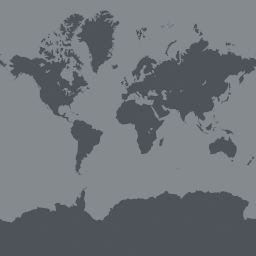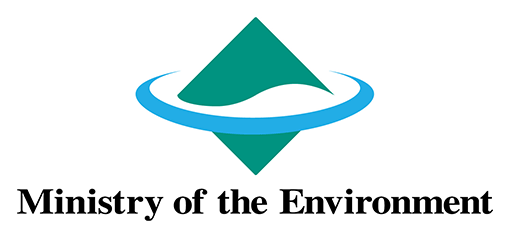Borneo has an incredibly rich flora and fauna, yet scientific knowledge of species distributions and compositions remains extremely limited, particularly across the island's Indonesian territory (Kalimantan). Access to data is at best limited, remaining unpublished or buried in internal reports and grey literature.
Focused on the biodiversity of Kalimantan, this project led by Borneo Nature Foundation (BNF) aims to mobilize about 3,000 records across 41 datasets from ecological monitoring schemes carried out since 1999 at 12 different sites, while also supporting and mentoring other organizations with similar projects to mobilize and publish an equal number of records to GBIF.
The mobilized data will help support conservation efforts in the region, and to increase awareness and discoverability of their published datasets, the team also plans to author data papers describing the records and monitoring protocols in detail.
Project progress
Project implementation begun with the project being introduced and socialized to all relevant team members within Borneo Nature Foundation (BNF) and Universitas Gajah Mada (UGM): introducing the main aim, nature of deliverables for the project and advantages of sharing data on platforms such as GBIF. To support the project further a MoU was signed with UGM, the partner institution for the project.
During implementation the project trained five early career scientists from the region in data mobilization; one BNF scientist to advanced/mentor level, two UGM staff to advanced/mentor level and two UGM staff to standard level. This was more than originally planned and reflected a strategic decision early in the project to increase the number of UGM team members working on the project, to both support distribution of workloads and provide training opportunities to local, early career scientists. Furthermore, this decision has established a firm foundation for ensuring the long-term sustainability of the project and produced substantial benefits more broadly in terms of increasing long-term local capacity for data mobilization within Indonesia.
Training was achieved by one BNF project member completing the GBIF Data Mobilization training workshop held in July-August 2020 and after this, the project member delivering online training in early 2021 to the others.
By final reporting the project team published three datasets from its partner institutions. Furthermore, it has prepared six further datasets to publication readiness.
Other key achievements during project implementation includes establishing GBIF publisher website pages for both BNF and UGM, and effectively socializing the project with local government and conservation partners through various meetings. In addition, with their training gained, three project members attended the GBIF Data Mobilization course in 2021 as mentors, helping train new individuals and institutions.
Due to the COVID-19 pandemic and its restrictions, project work was severely affected and required adaptation by the team to work from home and shift all in-person training to online. Despite this however the project successfully completed the above activities and in latter parts of the project some travel was possible for UGM team members to visit Palangka Raya.


